Last night not even with use of his mobile phone was Declan able to get an email through to a Nobel Laureate's Faculty Assistant in California. This is unprecedented.
I am truly appalled by the unlawful violation of the Heavey's basic right to send and receive email without interference. I would be most grateful for anything you may be able to do by way of taking measures to correct this gross abuse.
- An American professor to then Home Office Minister Lynne Featherstone in 2010
Our Church and State website has no less than 50 Nobel Laureates on it; for details, see this blog's sidebar under "Church and State" (updated today).
Article 10 of the European Convention on Human Rights and Fundamental Freedoms formulates what is the core of free speech. "Everyone has the right to freedom of expression." In an important interpretation of this article, the European Court of Human Rights in Handyside v. UK (1976) indicated that this "freedom of expression" should be construed as follows. It "is applicable not only to 'information' or 'ideas' that are favourably received, or regarded as inoffensive, or as a matter of indifference, but also to those that offend, shock or disturb the State or any sector of the population." Such are the demands of that pluralism, tolerance and broadmindedness without which there is no "democratic society" (see Cliteur, 2010).
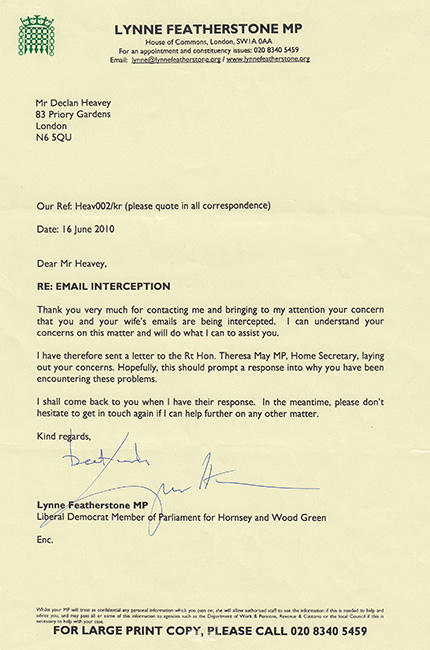
25 February: Email interception: Today Declan will resend 46 emails to Nobel Laureates, but how many will receive his email? (WITH UPDATE 26/2/2019)
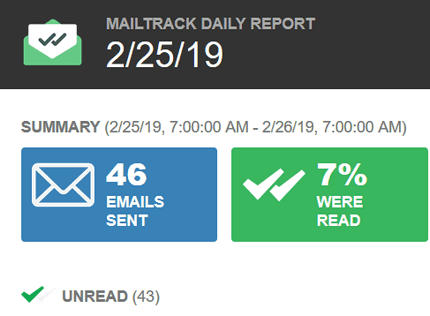
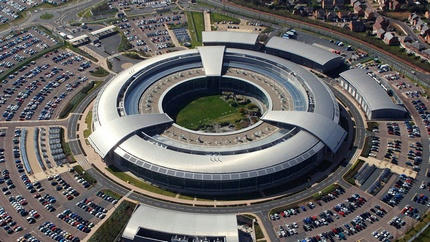
UK Government Communications Headquarters (GCHQ)
Re: GCHQ
Paragraph 12 of Declan's updated complaint to the United Nations under Article 19 (freedom of expression) of the International Covenant on Civil and Political Rights.
12. It is important to underscore that the discriminatory surveillance suffered by the Applicant and his wife is not an isolated event. Rather, it is emblematic of a larger pattern of surveillance by law enforcement officials in the UK that has been well-documented by international and domestic human rights bodies. For example, GCHQ's Joint Threat Research Intelligence Group (JTRIG) specialises in the "4 D's": deny, disrupt, degrade, deceive. It has been branded by the press as the spy agency's "deception unit". Though its existence was secret until 2014, JTRIG has developed a distinctive profile in the public understanding, after documents from NSA whistleblower Edward Snowden revealed that the unit had engaged in "dirty tricks" like deploying sexual "honey traps" designed to discredit targets, launching denial-of-service attacks to shut down Internet chat rooms, pushing veiled propaganda onto social networks and generally warping discourse online. Previous reporting on GCHQ established its focus on what it regards as political radicalism. Beyond JTRIG's targeting of Anonymous, other parts of GCHQ targeted political activists and groups deemed to be "radical", even monitoring human rights NGOs. Simon Davies, founder of the London-based Privacy International, asks: "If spying on human rights NGOs isn't off limits for GCHQ, then what is?"
The category pages on Church and State are under attack daily to fluctuating extent. As I point out in my earlier post about Royal Mail's service, all three of the articles below have over 1/2 million Facebook likes/shares not zero (this morning the first article stands at 629K, the second article at 582K and counting, and the third article at 616K).

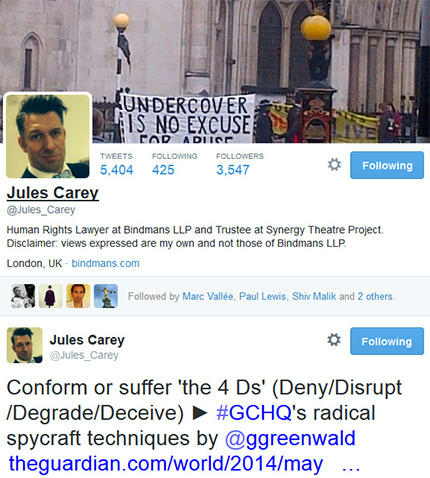
From My Picks:
4 January: Information Commissioner: Declan battles the Commissioner's Lead Case Officer over the nature of his data complaint against the Mayor of London-commissioned St Mungo's (WITH UPDATE 31/1/2019) What an experience!
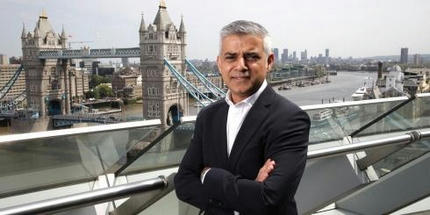
Mayor of London Sadiq Khan
'Let me recommend an important web site churchandstate.org.uk. Operating out of London this well-designed and exciting web site covers church-state, population, climate change and other issues. Check it out.' Edd Doerr, President, Americans for Religious Liberty
http://churchandstate.org.uk/about/

